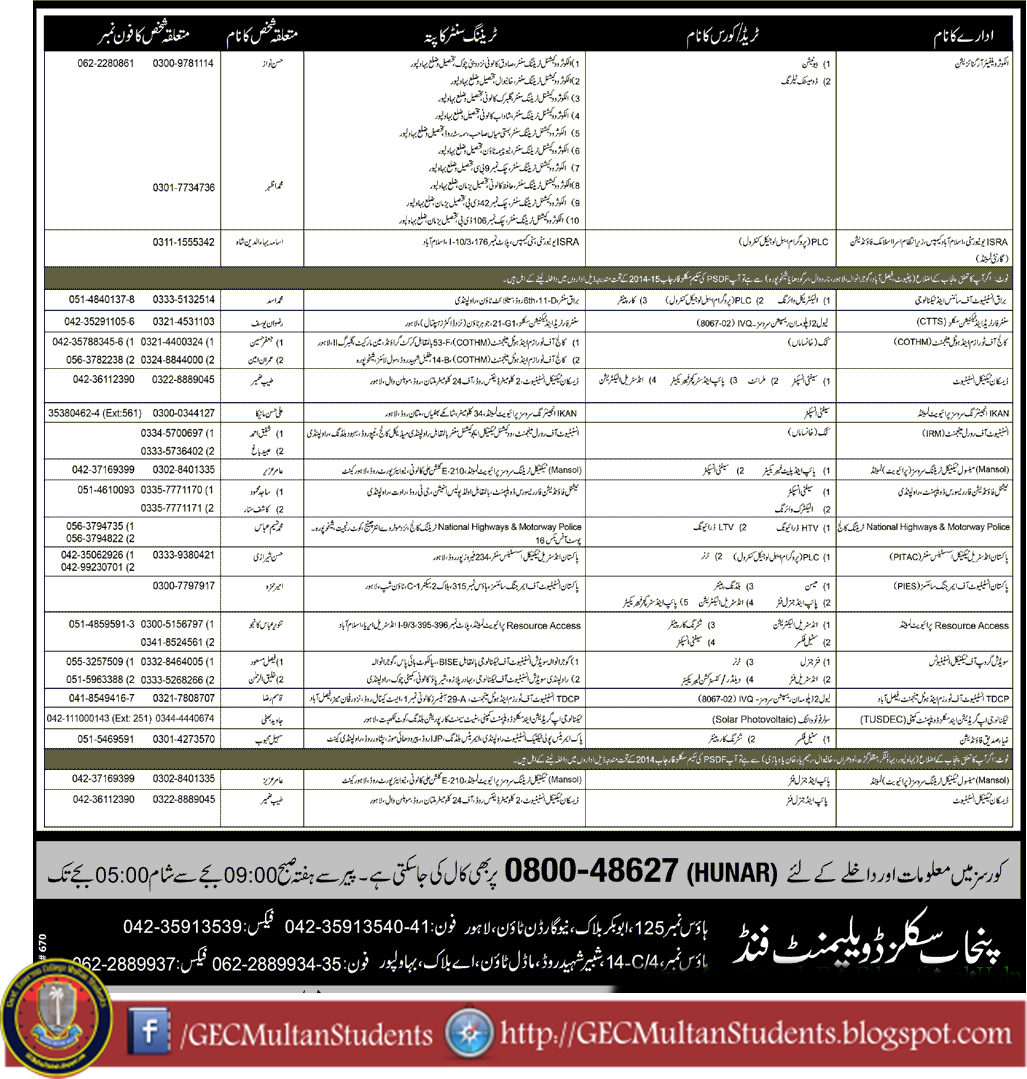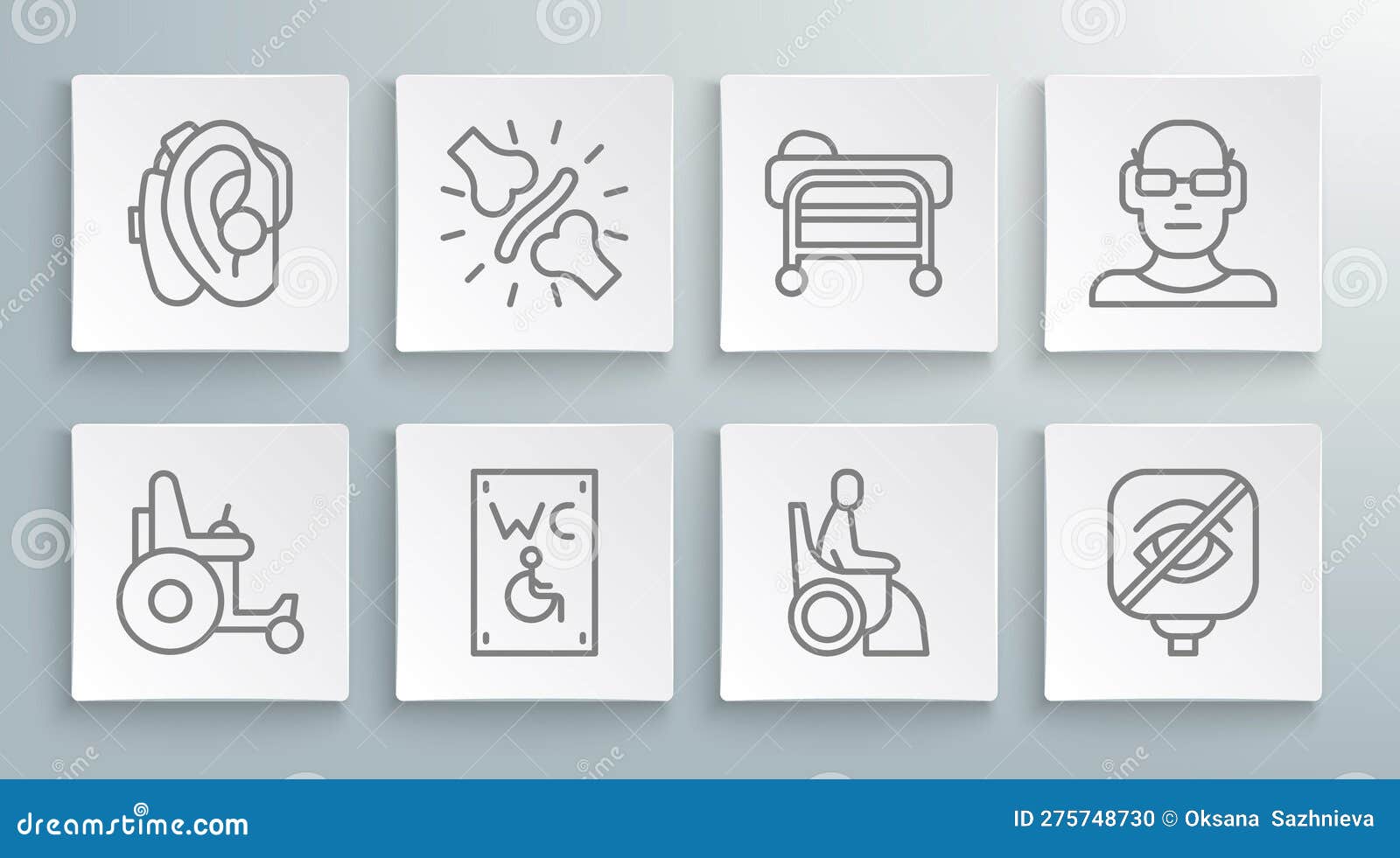Skill Development Program Empowers Transgender Community In Punjab

Table of Contents
The transgender community in Punjab, like many other marginalized groups, faces significant socioeconomic challenges, including high unemployment rates, limited access to education, and pervasive social stigma. These barriers often prevent them from achieving economic independence and social inclusion. However, a transformative skill development program is emerging as a beacon of hope, offering a pathway to empowerment and a brighter future. This initiative aims to equip transgender individuals with valuable skills, fostering self-reliance and improving their overall quality of life.
Addressing the Socioeconomic Challenges Faced by the Transgender Community in Punjab
High Unemployment Rates and Limited Opportunities
The transgender community in Punjab faces disproportionately high unemployment rates and severely limited job opportunities. This is largely due to a lack of access to quality education and persistent discrimination in the job market.
- Statistics: While precise figures are difficult to obtain due to underreporting, anecdotal evidence and limited studies suggest unemployment rates among transgender individuals are significantly higher than the national average. Many are forced into informal and low-paying work, often lacking basic labor rights and protections.
- Societal Barriers: Transgender individuals often face rejection from potential employers due to prejudice and lack of understanding. Many job applications are ignored, and even qualified candidates struggle to secure employment. Transgender individuals also lack access to professional networks and mentorships that could help them navigate the job market.
Social Stigma and Discrimination
Social stigma and discrimination are deeply ingrained in many parts of Punjab, significantly impacting the lives of transgender individuals. This prejudice often leads to social exclusion, limited access to essential resources, and pervasive violence.
- Examples of Stigma and Discrimination: Transgender individuals often face harassment, bullying, and violence, both in public spaces and within their own families. They may be denied access to healthcare, housing, and other essential services.
- Importance of Social Inclusion: Addressing the social stigma requires a multifaceted approach, including education campaigns to raise awareness, promoting positive representation in the media, and fostering a culture of acceptance and respect within communities. Social inclusion is crucial for the overall well-being and empowerment of the transgender community.
The Skill Development Program: Curriculum and Training
This transformative skill development program, tentatively named "Umeed," ("Hope" in Urdu), directly addresses the socioeconomic challenges faced by the transgender community.
Types of Skills Offered
The "Umeed" program offers a diverse range of skill-building courses tailored to meet the needs and interests of participants.
- Specific Courses: The curriculum includes training in Information Technology (IT), tailoring, beauty therapy, handicrafts, and culinary arts. Each course has a duration of 3-6 months, depending on the complexity of the skill being taught.
- Teaching Methodology: The program uses a practical, hands-on approach to teaching, combined with theoretical knowledge. Experienced professionals from the relevant industries serve as instructors, ensuring high-quality training.
Partnerships and Funding
The success of the "Umeed" program relies on strong partnerships and diverse funding sources.
- Key Partners: The program is a collaborative effort involving several NGOs, government agencies, and private sector companies. These partners provide financial support, technical expertise, and logistical assistance.
- Funding Sources: Funding is secured through a combination of government grants, NGO donations, and corporate social responsibility initiatives. Private donations also play a significant role in supporting the program.
Mentorship and Support Systems
Beyond skill training, the "Umeed" program provides comprehensive mentorship and support systems to help participants thrive.
- Support Offered: Participants receive career counseling, job placement assistance, financial aid, and mental health support. They are also linked with relevant support networks and advocacy groups.
- Success Stories: Many participants have successfully transitioned into employment after completing the program, demonstrating the effectiveness of the support system. Testimonials from these individuals highlight the program’s positive impact on their lives.
Impact and Success Stories
The "Umeed" program has already achieved remarkable success in empowering the transgender community in Punjab.
Increased Employment Rates
The program has significantly boosted employment rates among its participants.
- Job Placement Successes: A significant percentage of program graduates have secured employment in various sectors, including IT, beauty salons, and small businesses.
- Types of Jobs Secured: Participants have found jobs as software developers, beauticians, tailors, and entrepreneurs, showcasing the versatility of the skills acquired.
Improved Socioeconomic Status
The program has demonstrably improved the socioeconomic status of many participants.
- Improvements in Income and Living Conditions: Participants report significant increases in their income levels, leading to improved living conditions and overall quality of life.
- Testimonials: Many participants share heartwarming stories of how the program has transformed their lives, giving them a sense of purpose and dignity.
Enhanced Social Inclusion
The "Umeed" program has contributed to increased social inclusion and reduced stigma.
- Community Engagement: The program actively engages with local communities to raise awareness about transgender issues and promote inclusivity.
- Improved Social Standing and Confidence: Participants report a significant increase in their self-confidence and social acceptance after completing the program.
Conclusion
The "Umeed" skill development program stands as a testament to the transformative power of education and empowerment. By equipping transgender individuals in Punjab with essential skills and providing comprehensive support, the program has achieved remarkable success in improving employment rates, socioeconomic status, and social inclusion. The positive impact on the lives of participants serves as a powerful example of how targeted interventions can significantly address the challenges faced by marginalized communities.
Call to Action: Support transgender empowerment in Punjab by learning more about the "Umeed" program and similar initiatives. You can get involved in skill development programs or donate to organizations working to promote transgender rights and inclusion. Let's work together to build a more inclusive and equitable society for the transgender community. Visit [link to relevant organization/website] to learn more and get involved.

Featured Posts
-
 Wheelchair Accessibility Issues And Solutions On The Elizabeth Line
May 10, 2025
Wheelchair Accessibility Issues And Solutions On The Elizabeth Line
May 10, 2025 -
 Liberation Day And After The Financial Fallout For Trumps Wealthy Allies
May 10, 2025
Liberation Day And After The Financial Fallout For Trumps Wealthy Allies
May 10, 2025 -
 Pakistan Stock Exchange Outage Amidst Market Volatility And Geopolitical Uncertainty
May 10, 2025
Pakistan Stock Exchange Outage Amidst Market Volatility And Geopolitical Uncertainty
May 10, 2025 -
 168 Million Judgment Against Meta The Whats App Spyware Case And Its Aftermath
May 10, 2025
168 Million Judgment Against Meta The Whats App Spyware Case And Its Aftermath
May 10, 2025 -
 Britannian Kruununperimysjaerjestys Kuka Seuraa Kuningas Charlesia
May 10, 2025
Britannian Kruununperimysjaerjestys Kuka Seuraa Kuningas Charlesia
May 10, 2025
